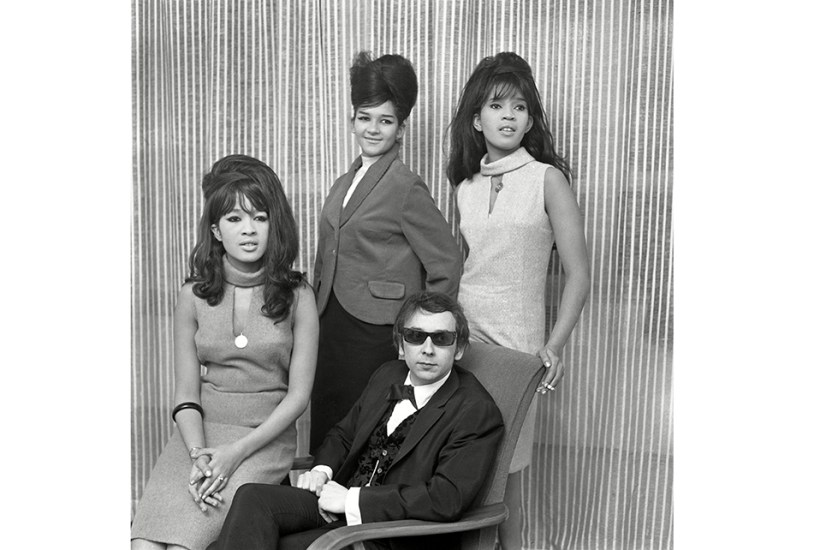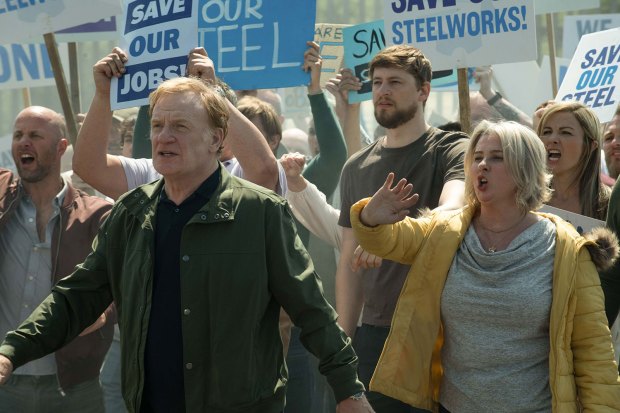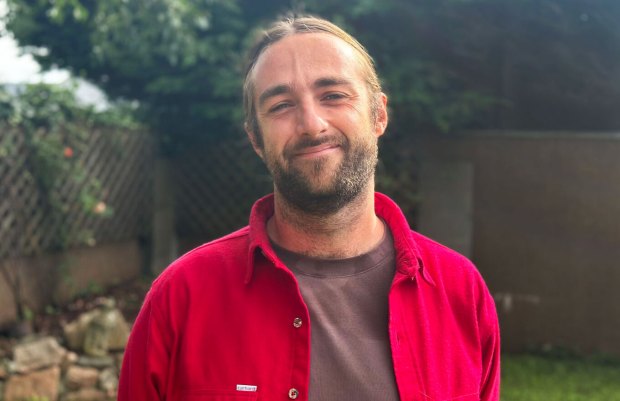On 3 February 2003, the emergency services in Los Angeles received a call. ‘I’m Phil Spector’s driver,’ a voice told them. ‘I think my boss killed somebody.’
This was the inevitable yet still extraordinary starting point for Spector – a new four-part documentary on a man who, in the face of fierce competition, might well be the strangest figure in pop history. By that stage, he perhaps deserved the description of him in one news report as ‘a ghost, a phantom, a half-forgotten rock genius’. Except that – whether by coincidence or something more sinister – he’d recently granted his first interview for decades to the British journalist Mick Brown. ‘I have devils inside me,’ said Spector during their conversation. ‘For all intents and purposes, I think I’m relatively insane.’
In fact, the day the interview was published was the same one on which he shot dead Lana Clarkson, a B-movie actress who, the investigating officer somewhat disturbingly emphasised, was a ‘very beautiful young woman, with her legs stretched out in front of her’. And just in case that wasn’t clear enough, we were also shown several crime-scene photos of the legs in question.
The same blend of gripping narrative and slightly dodgy visuals continued when we flashed back to Spector’s early life in the Bronx, severely derailed at the age of nine when his father killed himself. (Cue a film-noir reconstruction of a bloke in a 1940s hat connecting a tube from the exhaust pipe to the inside of his car and turning on the ignition.) A few years later, Spector, his overbearing mother and bipolar sister moved to LA where he arrived at the perfect time to be part of the nascent teen-music scene. While still 18, he wrote his first number one, ‘To Know Him Is To Love Him’, a yearning teen anthem whose title was taken from the epitaph on his father’s grave. (Cue more black and white footage of that bloke in the hat.)
As it transpired, the song’s vocalist Carol Connors was one of many scene-stealing elderly female troupers who appeared in the programme dressed and made-up to the nines and obviously delighted to be telling their old tales. Another was La La Brooks, lead singer of the Crystals, who was briefly replaced by Darlene Love – until her Mafia-connected manager paid Spector a visit explaining that unless his client was reinstated forthwith, Spector’s mother might have to be murdered. La La duly returned to her vocal duties for the still-thrilling ‘Da Doo Ron Ron’.
Nonetheless, before long Spector’s new protégée was Ronnie Bennett of the Ronettes, whose cousin and bandmate Nedra told us that Ronnie calculatingly decided that the relationship would be good for her career. ‘That’s a big pull,’ Nedra added, ‘but you don’t know what you’re being pulled into.’ Given the famously lurid marriage that followed, this presumably sets up episode two – which already promises to be just as guiltily compelling.
Wednesday’s Billion Dollar Downfall: The Dealmaker also started with an arrest, in this case that at Heathrow in 2019 of the Pakistani businessman Arif Naqvi. Like Spector, Naqvi benefited from good timing early on. His Dubai-based firm Abraaj became the Middle East’s largest private equity company right when the West was keen to rebuild its relationship with the Arab world after 9/11. As a result, his investors included the British and American governments, the World Bank and the Gates Foundation – all of whom were impressed by his promise not merely to make big profits but, more ambitiously, to end world poverty.
That’s because Naqvi specialised in ‘Impact Investment’, whereby money is both spent on and earned from (in a way that remained deeply vague) improving lives in impoverished countries. Central to the plan was a $1 billion healthcare fund, as contributed by those western allies who were also impressed by the lavish hospitality they were shown.
And from there, you can probably guess the rest – although none of the high-status investors in the programme seemed to. Instead, it was with horrified surprise that they gradually noticed the holes in the healthcare fund and the possible connection between those holes and Naqvi’s continuing lavishness.
This, then, was one of those documentaries that gives the rest of us a – let’s face it – titillating glimpse into a world we normally only see in fictional shows like Succession and Glass Onion. Even they, mind you, might have drawn the line at giving a significant walk-on role to Henry ‘Blowers’ Blofeld – baldly captioned as ‘Legendary Cricket Commentator’ – who was conscripted to be part of Abraaj’s charm offensive. In 2011, as Blowers unblushingly recalled, he was paid a large sum to provide the commentary on a celebrity cricket match at Naqvi’s Oxfordshire estate, while sipping champagne. ‘The boss has been run out,’ he chucklingly remarked of Naqvi’s own dismissal. ‘Oh dear.’
Got something to add? Join the discussion and comment below.
Get 10 issues for just $10
Subscribe to The Spectator Australia today for the next 10 magazine issues, plus full online access, for just $10.
You might disagree with half of it, but you’ll enjoy reading all of it. Try your first month for free, then just $2 a week for the remainder of your first year.














Comments
Don't miss out
Join the conversation with other Spectator Australia readers. Subscribe to leave a comment.
SUBSCRIBEAlready a subscriber? Log in